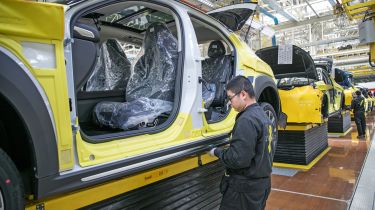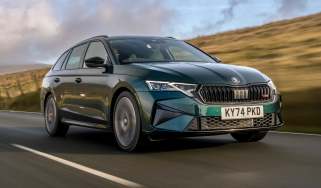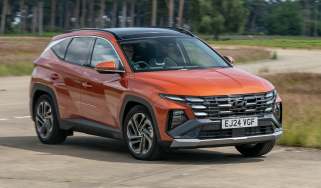"It doesn't really matter where your new car is built"
Jonathan Burn looks at the stigma of being 'Made in China' and whether European manufacturers will soon be importing from China

How many customers know where their cars are built? Some of the UK’s most popular new models are produced and shipped from all four corners of the globe; for example, the Mercedes C-Class and Volkswagen Polo are made in South Africa, while the Vauxhall Mokka X makes its way from Bupyeong, South Korea. In fact, around only 15 per cent of the cars sold in this country are made here.
You’d have to assume, then, that the vast majority of buyers don’t particularly mind, so long as their cars are built to last. But would customers care if their cars were ‘Made in China’?
The label will always carry negative connotations in the eyes of some people, but this is a completely outdated assumption that I witnessed first hand during a trip to last week’s Beijing Motor Show.
Lynk & Co invited media into its new £1.4billion factory in the Chinese city of Zhangjakou for the first time. The facility took three years to build and will churn out 200,000 cars per year, thanks to a largely automated build process.
Most of the robots are German and the glue is Swedish; the plant has some of the highest standards in car manufacturing in the world, as I found out when I got behind the wheel of the 02 crossover. The fact is the cars rolling out of this plant in the Far East are finished to a higher standard than some vehicles built in Europe.
It’s a view echoed by other brands, too; VW’s sales and marketing boss Jürgen Stackmann told me the company is even considering exporting cars from China into Europe for the first time. Ten years ago that would have been unthinkable, but in the near future don’t be surprised if the cars in your local showroom wear the ‘Made in China’ label.
Enjoyed this opnion piece looking at the Far East? Then take a read of our best and worst cars of the 2018 Beijing Motor Show.



